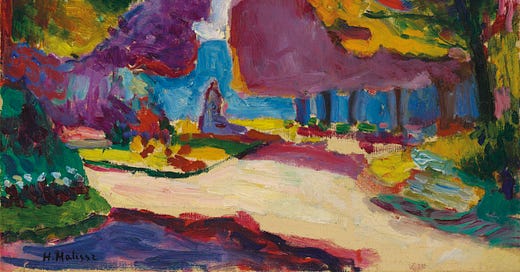Issue 98 Editorial
by Luke Allan
I was talking to a friend recently about poetry and horses. The question we were discussing was this: if horses and humans had not evolved in such close quarters, would we still hear the anapestic foot as propulsive and urgent? Or would we be teaching a version of prosody in which anapestic metre gives a poem a stumbling broken quality, or a silly clownish one, or something else? It seems to me that if we undid horses from the earth, and from our memory, the meaning of the anapest would be entirely up for grabs. I can imagine, for example, an animal who runs on seven legs, none of which are equal in length and some of which atomically disintegrate at random intervals, whose mad foot-beat, over the course of centuries of our co-evolution, would come to represent to us that same propulsive motion that four-legged horses happen to represent in this world. The poetry of this counter-Earth would be full of weird, disjointed, unsingable lines, and they would sound brisk and striving and free.
Keep reading with a 7-day free trial
Subscribe to Oxford Poetry’s Substack to keep reading this post and get 7 days of free access to the full post archives.




